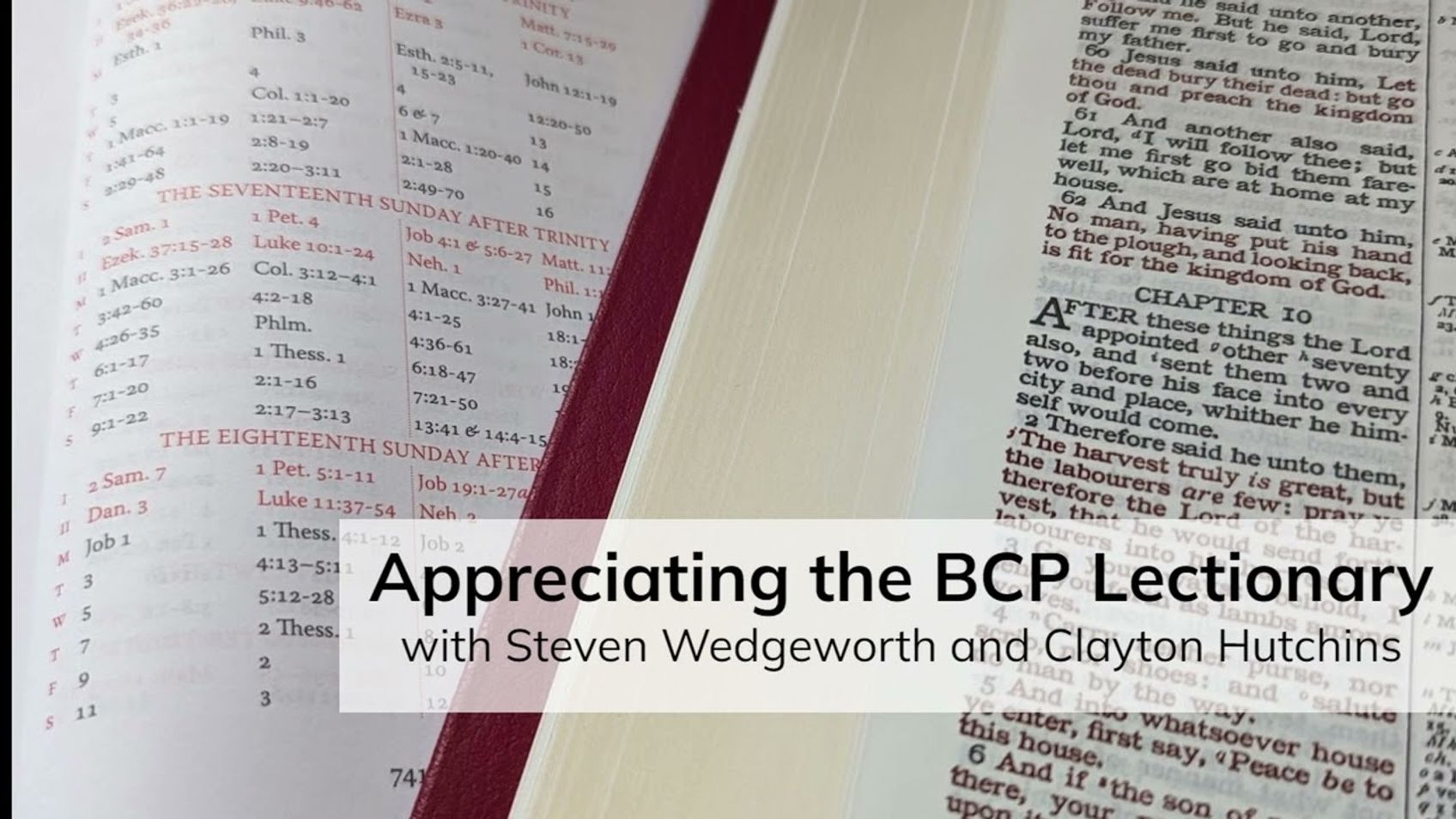Appreciating the BCP Lectionary (with Steven Wedgeworth and Clayton Hutchins)

Steven Wedgeworth and Clayton Hutchins recently started the BCP Propers Podcast (https://podcasts.apple.com/gb/podcast/the-bcp-propers-podcast/id1697330171). They join me to discuss the BCP lectionary and its value for preachers.
If you have enjoyed my videos and podcasts, please tell your friends. If you are interested in supporting my videos and podcasts and my research more generally, please consider supporting my work on Patreon (https://www.patreon.com/zugzwanged), using my PayPal account (https://bit.ly/2RLaUcB), or by buying books for my research on Amazon (https://www.amazon.co.uk/hz/wishlist/ls/36WVSWCK4X33O?ref_=wl_share).
The audio of all of my videos is available on my Soundcloud account: https://soundcloud.com/alastairadversaria. You can also listen to the audio of these episodes on iTunes: https://itunes.apple.com/gb/podcast/alastairs-adversaria/id1416351035?mt=2.
More From Alastair Roberts


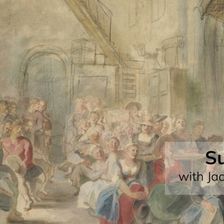
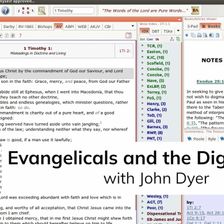
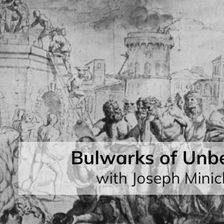
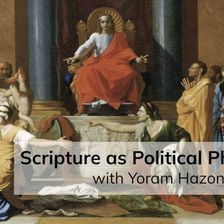
More on OpenTheo















